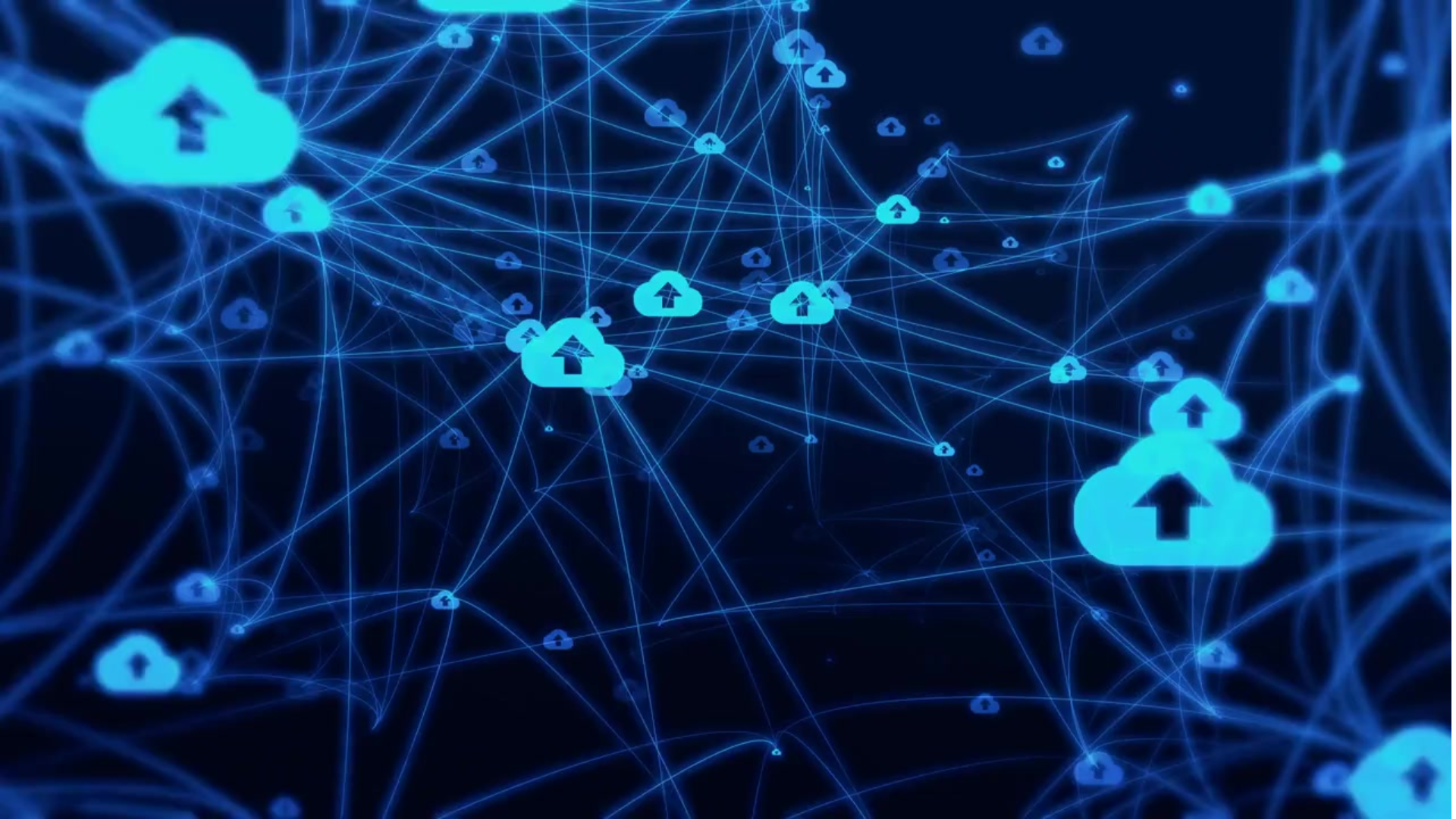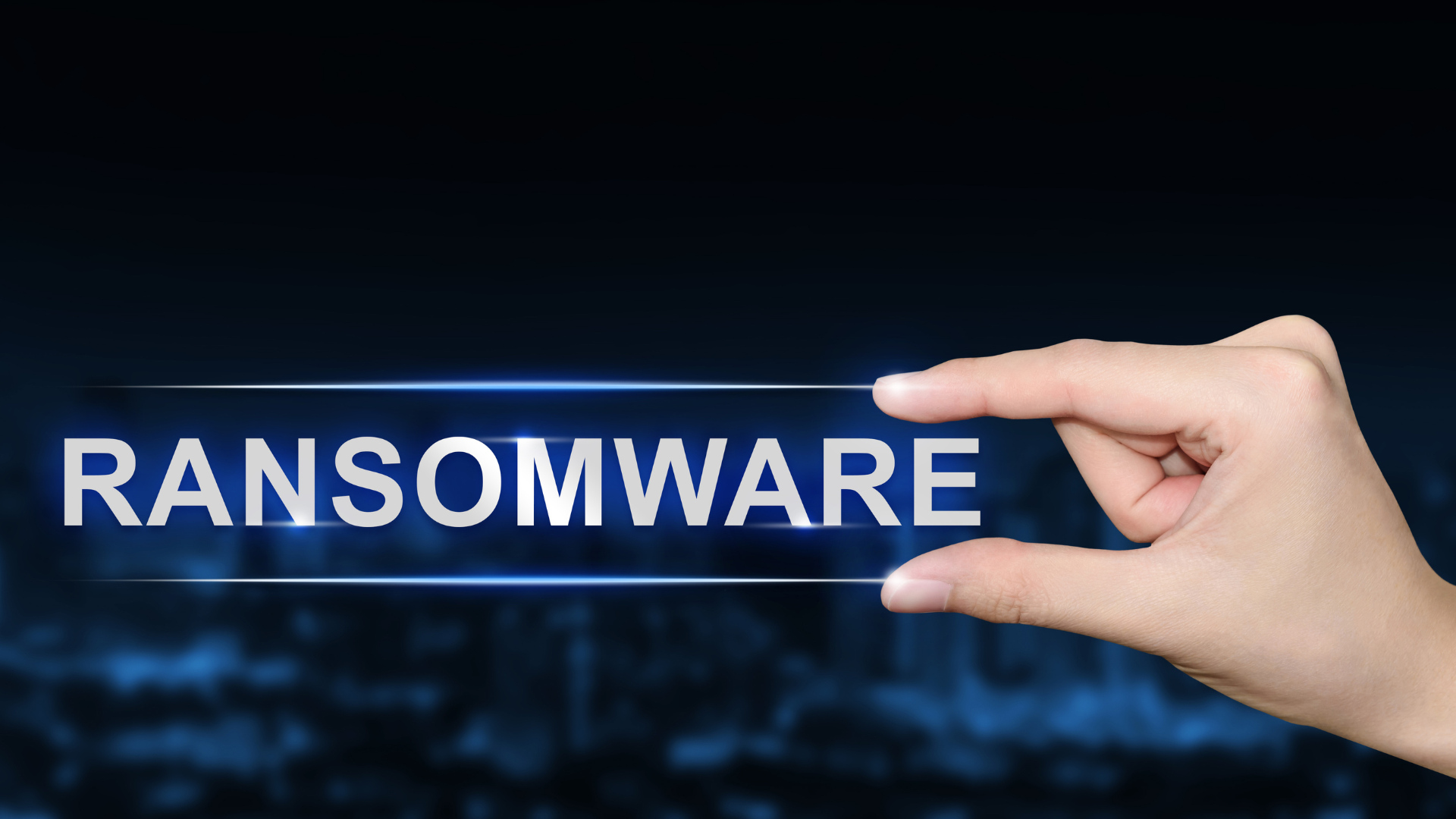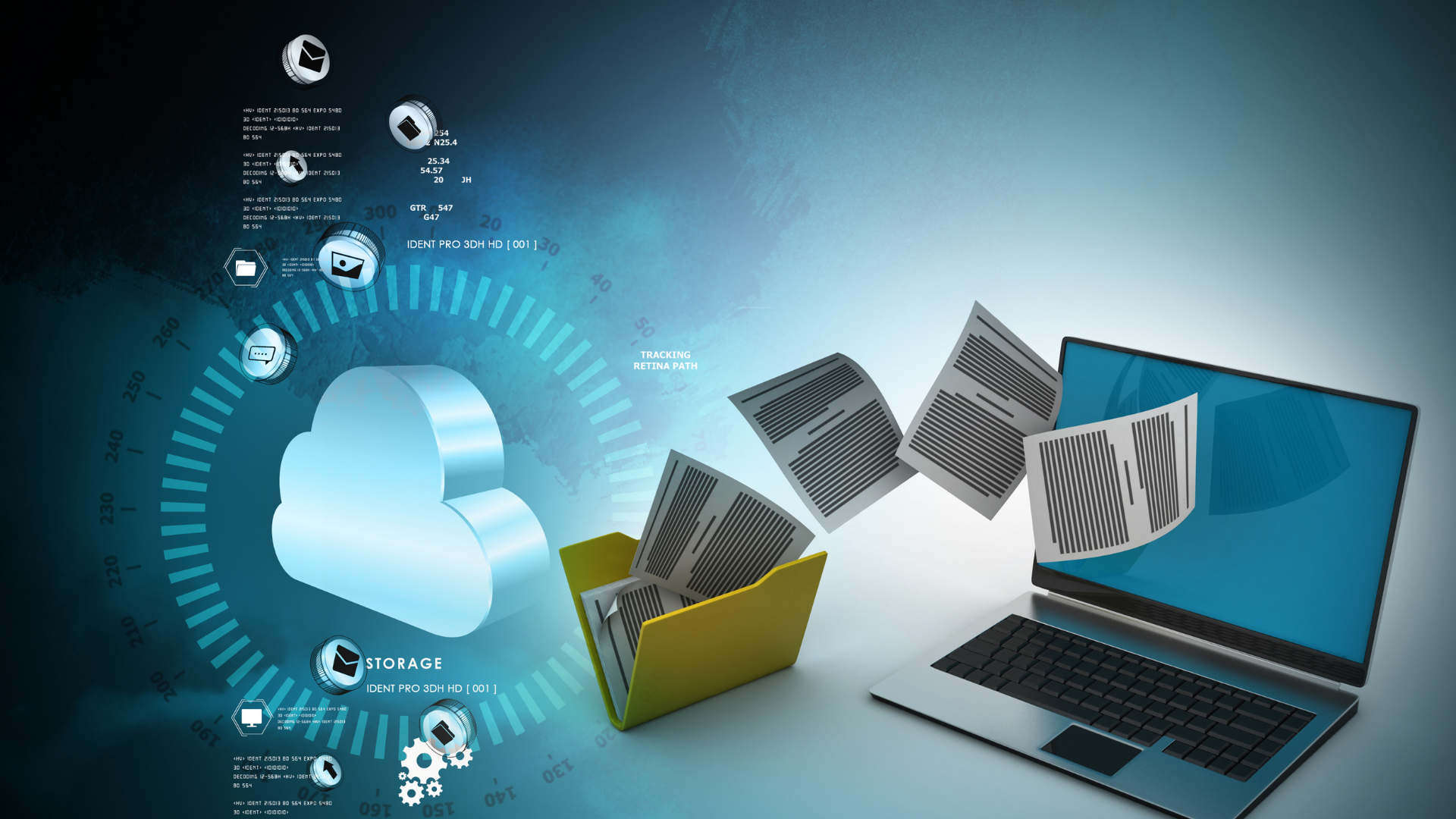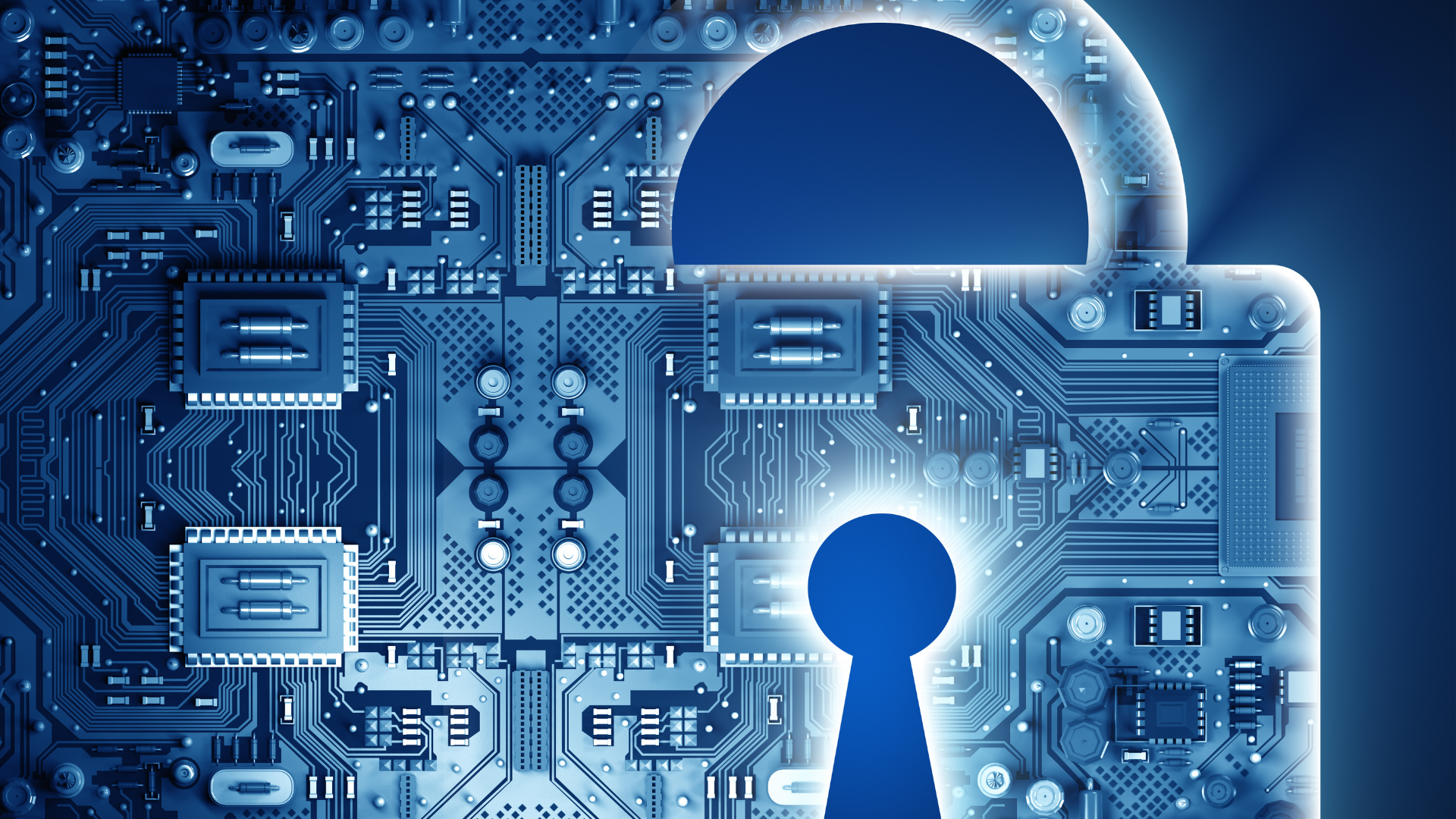Why Multi-Factor Authentication (MFA) is Essential for Small Businesses
Why Multi-Factor Authentication (MFA) is Essential for Small Businesses
In an era where cyberattacks are increasingly sophisticated, relying solely on passwords to protect your business is no longer enough. Multi-Factor Authentication (MFA) has become one of the most effective tools to safeguard sensitive accounts and data, making it a must-have for small and medium-sized businesses (SMBs).
At K9 Webops, we help SMBs enhance their security posture with practical and affordable solutions like MFA. Let’s dive into what MFA is, why it’s essential, and how you can implement it in your business.
What is Multi-Factor Authentication (MFA)?
MFA is a security process that requires users to verify their identity using two or more factors before gaining access to an account or system. These factors fall into three categories:
1. Something you know: A password or PIN.
2. Something you have: A phone, security token, or authentication app.
3. Something you are: Biometrics like a fingerprint or facial recognition.
By requiring multiple forms of verification, MFA makes it significantly harder for hackers to gain unauthorized access, even if they have your password.
Why Passwords Alone Are Not Enough
Passwords are often the weakest link in a business’s security. They can be guessed, stolen, or leaked through phishing attacks and data breaches. Even strong passwords are vulnerable if reused across multiple accounts. Cybercriminals use techniques like credential stuffing, where they test stolen passwords on different platforms to gain access.
MFA provides an extra layer of protection by requiring a second verification step, ensuring that even if a password is compromised, hackers cannot access the account without the additional factor.
How Multi-Factor Authentication Protects Your Business
1. Defends Against Phishing Attacks
Phishing emails are one of the most common ways hackers steal passwords. MFA prevents attackers from accessing accounts even if an employee accidentally shares their login credentials.
2. Reduces the Risk of Data Breaches
Data breaches can be costly for small businesses, both financially and reputationally. MFA reduces the likelihood of a breach by adding an extra barrier for attackers to overcome.
3. Secures Remote Work
With more employees working remotely, securing access to cloud-based applications and company data is critical. MFA ensures that only authorized users can log in, regardless of their location.
4. Builds Customer and Partner Trust
Demonstrating strong security practices like MFA shows customers and partners that you take data protection seriously, helping to build trust and loyalty.
How to Implement MFA in Your Business
1. Identify Critical Accounts
Start by enabling MFA on accounts that store sensitive information, such as email, financial systems, cloud applications, and customer data platforms.
2. Choose an Authentication Method
There are several MFA options to choose from, depending on your business needs:
• Authentication Apps: Apps like Google Authenticator or Microsoft Authenticator generate time-based codes for login.
• Biometrics: Use fingerprint or facial recognition on supported devices.
• Hardware Tokens: Physical devices like YubiKeys provide an extra layer of security.
3. Train Your Employees
Educate your team on the importance of MFA and how to use it effectively. Ensure they know how to recognize phishing attempts and report suspicious activity.
4. Use MFA-Friendly Tools
Many popular platforms, such as Google Workspace, Microsoft 365, and cloud-based CRMs, offer built-in MFA options. Take advantage of these features to enhance security.
5. Monitor and Update
Regularly review your MFA settings and adapt them as needed. Stay informed about new authentication technologies and evolving cyber threats.
Affordable MFA Solutions for Small Businesses
The good news is that implementing MFA doesn’t have to be expensive. Many platforms offer free or low-cost MFA tools that integrate seamlessly with your existing systems. For example:
• Google Authenticator: Free for Android and iOS devices.
• Microsoft Authenticator: Free and compatible with most systems.
• Authy: Free and ideal for businesses managing multiple accounts.
For businesses looking for enterprise-grade solutions, tools like Duo Security and Okta provide robust MFA options with additional features like user monitoring and reporting.
Take the Next Step with K9 Webops
At K9 Webops, we specialize in helping small businesses implement affordable cybersecurity solutions like MFA. Our team can guide you through the process of identifying critical accounts, choosing the right tools, and training your employees to ensure a smooth implementation.
Ready to enhance your business security? Take our Free Cybersecurity Survey to assess your current risks and learn how MFA can protect your operations.
Conclusion
Multi-Factor Authentication is no longer optional in today’s digital landscape. By implementing MFA, you can defend against cyber threats, secure sensitive data, and build trust with customers and partners. Don’t wait until it’s too late—make MFA a priority for your business today.
Take the first step toward better security. Contact K9 Webops to learn how we can help you protect your business with MFA and other tailored solutions.










